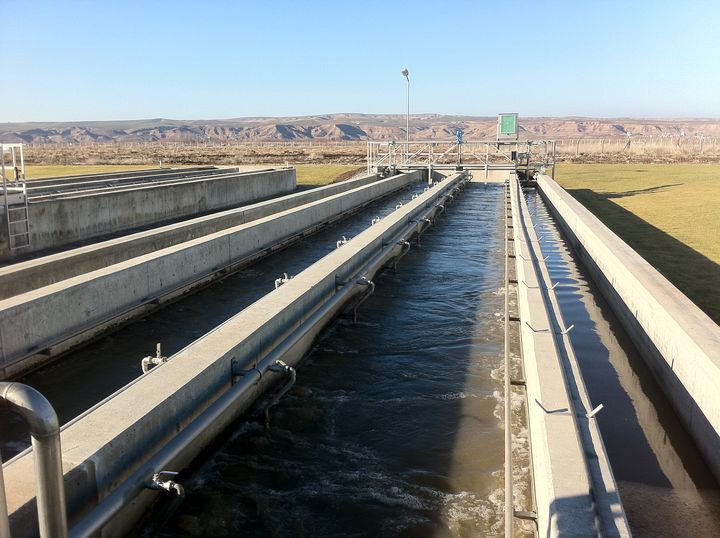Dorsch International and its Turkish partner ESER have been working on sewage sludge reuse and non-technical water loss reduction since October 2013.
Their study was financed by the German Development Bank KfW and successfully completed.
Batman is a province north of the Tigris in Southeastern Turkey. It is named after the Batman River and is also the name of the provincial capital. The province has a population of over 510,000 and a surface area of approximately 4,654 km². In the fall of 2013, the city of Batman contracted Dorsch International Consultants GmbH and its Turkish partner ESER to create a concept for an essential study. The objectives of the study were to develop a concept for recycling sewage sludge in a sustainable manner and to explore the reasons behind what is known as “non-technical” water loss. The term “non-technical” refers to water losses due to illegal connections, meter-reading errors, or poor water meter calibration, for example.
Sewage sludge was previously disposed of directly at landfill sites – a practice associated with a financial burden for the city of Batman. The sewage sludge in this special case was stabilized primary sludge produced in large quantities as a sewage treatment plant by-product. Two questions had to be answered: how could the city make best use of the sewage sludge on the one hand, and how could it minimize water loss on the other?
The scope of the project covered by Dorsch International included:
- Creation of a water balance and a concept for non-technical water loss reduction
- Analysis and improvement of customer management, billing and fee collection
- Elaboration of a concept to sustainably recycle sewage sludge e.g., as fertilizer on agricultural fields
- Creation of advertising material, organization of campaigns and a demonstration field to market sewage sludge to agricultural customers
- Purchase and commissioning of a sewage sludge spreader
- Implementation of training sessions
“I think we have killed two birds with one stone. On the one hand, we had the challenge of processing the sewage sludge so as to make it useable as fertilizer for the fields and save on fees for the rural population. On the other, it was important to minimize water losses, while having qualified personnel on site to guarantee this success in the long term”, says Bernd Klett, international cooperation project manager at Dorsch International.
